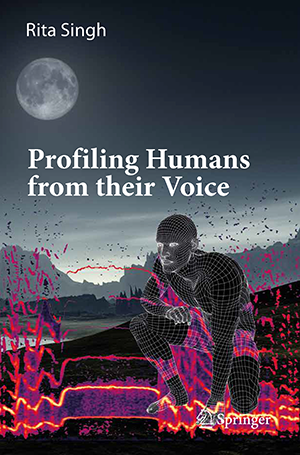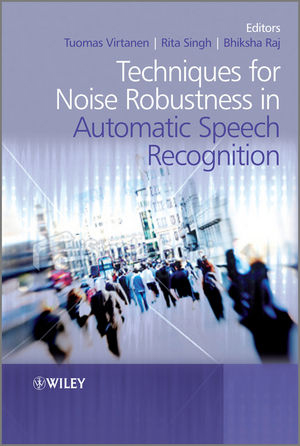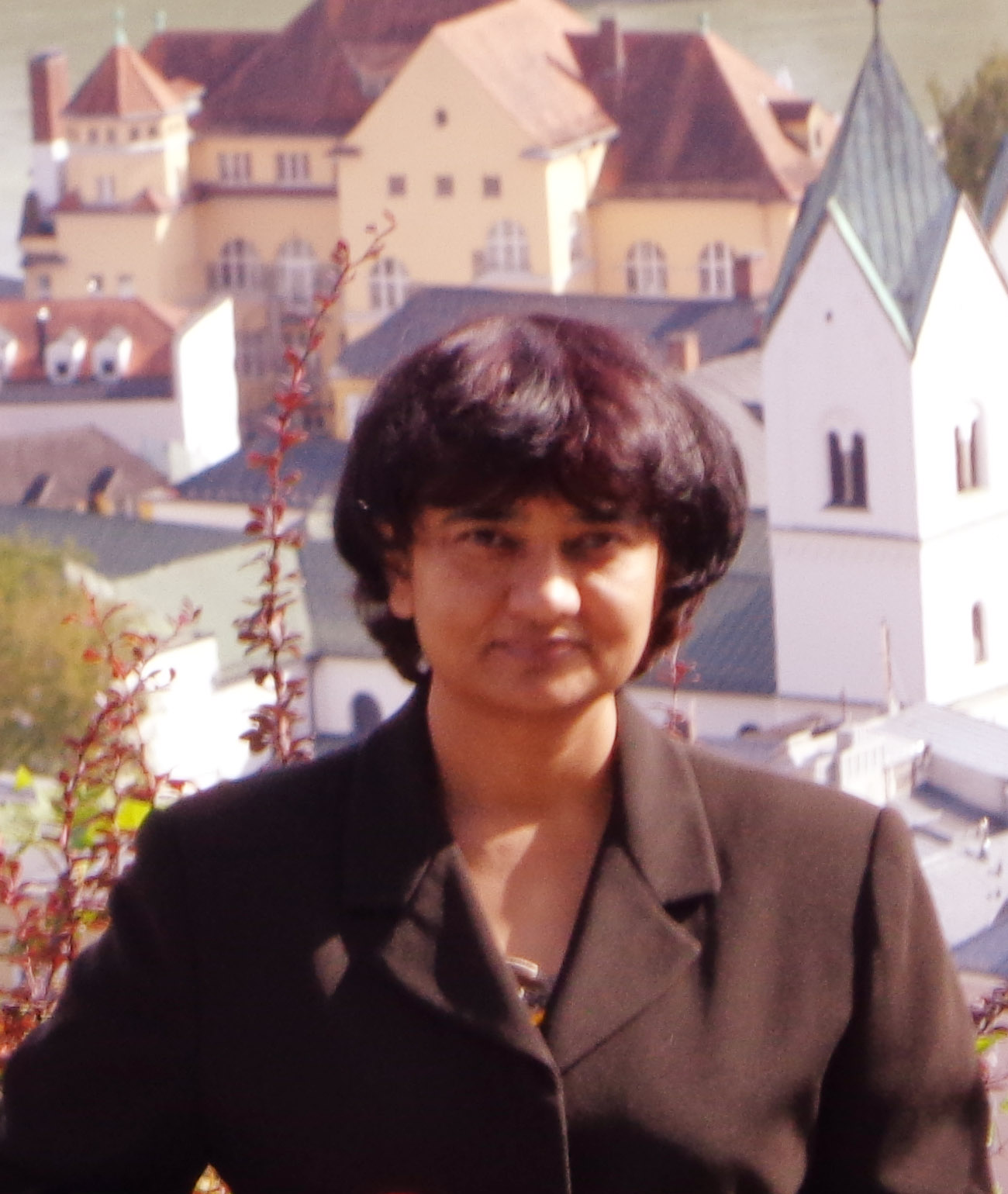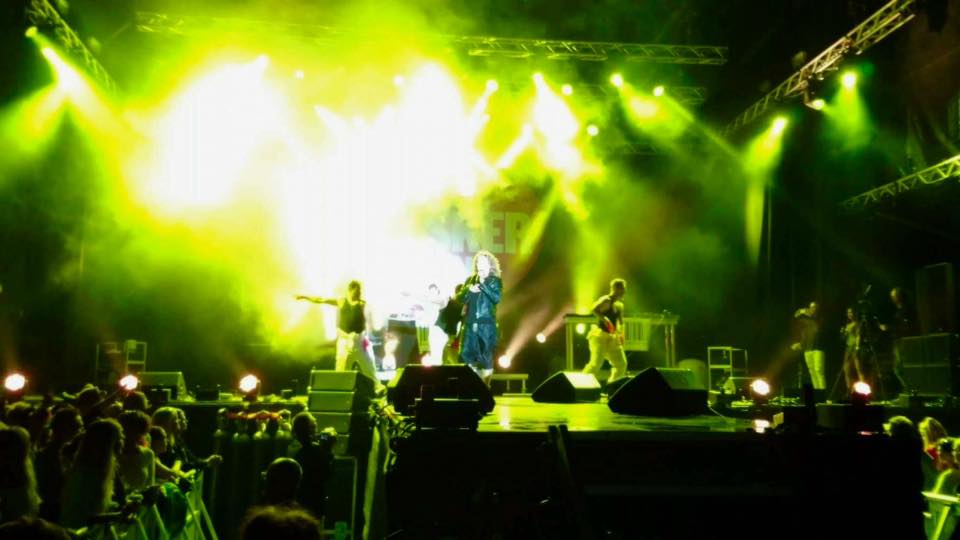I began working in the area of computer speech recognition and general audio processing in 1997. Until 2014, I worked on a wide range of topics, including algorithms that made speech processing systems completely generalizable (agnostic to language), algorithms that enabled automated discovery and learning of information from speech, algorithms that could process speech using minimal external (human-generated) knowledge etc. My goal was to enable greater automation, create more powerful search strategies and more scaleable learning algorithms for voice processing systems, and to find ways to make them work more accurately in high-noise and other kinds of complex acoustic environments.
In December 2014, I began building up the science of profiling humans from their voice. This involves the concurrent deduction of myriad human parameters from voice. Like the DNA and fingerprints, every human's voice is unique. It carries more information than we realize (or can hear). It carries signatures of the speaker's physical, physiological, medical, psychological, sociological, behavioral and environmental parameters, among other things. Profiling is based on quantitative discovery of information from the voice signal, guided by the intricacies of the physics and bio-mechanics of human voice production. Because it focuses on the voice signal, and not its semantic or pragmatic content, it is agnostic to language.
Currently my work includes the design of powerful AI systems to explore the depths of information in the human voice. Examples include systems for genetic discovery, systems for biomarker discovery and systems for other kinds of explorations into the human physical state and psyche, including emotions and personality, through the portal of voice.
In addition to my work on human profiling, I am working on creating core designs for general AI systems that are capable of universal speech and audio processing. The goal of this endeavor is to eventually build a system that is capable of all that our brain is capable of doing, in response to multisensory input from the world. This will require powerful computing. And then we will need to give it mobility. I have begun working on these aspects as well.
Media coverage
More about this work
My latest presentations
Book coming up online: Deep Learning
Book chapters are here
This book is being written in tandem with the CMU graduate level course: Introduction to Deep Learning, taught by Prof. Bhiksha Raj. The book is an accompaniment to this course.
Courses 2024
- Introduction to Deep Learning, Spring 2024
- Quantum Computing, Cryptography and Machine Learning Lab Spring 2024
Website
s3 cmu
Current Students
A full list is available here
Technical Publications: Books

|
Profiling Humans from their Voice Rita Singh First published: July 2019 Publisher: Springer, Singapore Copyright 2019 Springer-Nature, Switzerland, July 2019 ISBN: ISBN 978-981-13-8402-8 Also available on springer.com, other bookstores and ebay. Chapters of this book are separately available from Springer. Click this link to see the list. |

|
Techniques for Noise Robustness in Automatic Speech Recognition Tuomas Virtanen, Rita Singh, Bhiksha Raj (Eds) First published:5 October 2012 Copyright 2013 John Wiley & Sons, Ltd Print ISBN:9781119970880 |Online ISBN:9781118392683 |DOI:10.1002/9781118392683 |
Recent Research Publications
A full list is available here.
Some Older Publications
more below....
Literary creations and Art
Books: Click here for details
Art: My paintings
Some more publications (much older, by topic)
Note: Most older papers that made a difference back then, are now obsolete. I have removed them from my Google Scholar Page , which I use for my own quick reference for tracking a few current papers. The list below contains some older papers.
- Forensics
Papers
General theme: Forensic deductions from human voice. Speech and audio forenics are included. - General audio analysis, microphone array processing, denoising, dereverberation, signal restoration
Papers
General theme: Our approach is that of modeling the effect of highly-nonstationary noise and reverberation as compositional phenomena. Clean signals can then be recomposed from the bases of the composition. This approach differs from ones that model audio phenomena using dynamic generative models. - Semi-supervised learning, structure discovery, statistical pattern recognition, classification
Papers
These papers cover diferent topics such as learning basic units of sound from data, discovering pronunciations for words in terms of these units, selecting better classifiers using weaker classifiers iteratively in a gradient ascent solution to training good acoustic models from completely untranscribed data etc.. They also include general developments in classification techniques. - Acoustic modeling, decoding, speech processing, speech recognition, adaptation, keyword spotting
Papers
These papers relate to core and peripheral issues in speech recognition and processing for HMM-based ASR systems. - Systems, applications, projects
Papers
These papers describe systems developed or deployed for specific tasks. Also include papers from short-term student projects, technical reports and other writeups - Miscellaneous
Papers
Patents, papers on other topics such as chaos theory, radar signal design, geodynamics. From 1993-1998 I worked on these topics. Chaos and complexity theory remain my favorite hobby subjects.
Other activities
Earlier Teaching
(Graduate level courses)- Introduction to Deep Learning, Fall and Spring: 2020, 2021, 2022, 2023 , Website
Co -instructor. I am writing this Book in tandem with the course for students to read. - Artificial Intelligence in Digital Multimedia and Cyber Forensics, Fall 2023 at the University of Pittsburgh.
- Concepts in Digital Multimedia and Cyber Forensics, Spring 2022,
Website
- Computational Forensics and AI, Spring 2020, Spring 2021, Website)
- Advanced Topics: Quantum Computing Lab, Spring 2020, Spring 2021, Website
- Advnaced Topics: Quantum Computing Theory and Lab, Spring 2022,
Website
- Generative AI for Software Implementations in Quantum Computing and Machine Learning Summer 2023.
- Quantum Machine Learning Fall 2023, Website
- Large-Scale Multimedia Analysis ( 2 versions: grad level and exec-ed), Spring 2020, Spring 2021, Spring 2022, Website
- Computational Forensics and Investigative Intelligence,
Taught in Spring 2017 and Spring 2018, simultaneously at
- CMU Pittsburgh
- Hamad Bin Khalifa University (HBKU), Qatar
- CMU Qatar
- CMU Africa
- An Introduction to Knowledge based Deep Learning and Socratic Coaches
11-364 CMU Pittsburgh. This course was taught in person by Prof. James Karl Baker at the CMU Pittsburgh location. I was nominally co-instructor but couldn't help Jim much. - Design and Implementation of Speech Recognition Systems
Last taught many years ago. Earliest version co-taught with Prof. James Karl Baker
About me: I'm happiest where I come from. I like
simple things. I admire art. When I have time I spend much of it
looking at art. I write poetry. I collect comics (the Harvey Pekar and
Blake and Mortimer kind..) and puzzles (the Charles Wysocki and Jane
Wooster Scott kind..). I read mysteries. I don't watch TV or movies, I
haven't switched on my TV for years. I dont know if my TV works. I don't
use a cellphone, I have one but its mostly lost anyway. I'd rather
watch the clouds in the sky, and the birds and the leaves. A groundhog
lives in a grand home under the deck stairs just outside my window. It
even has a solar-powered lamp outside its home. I can tell you all about its likes and dislikes, habits, friends and daily routine. In the
summer I wake up to the song of the cardinal. I want nothing more from
life or the world, except for medical science to hurry up and make
everyone well. Other than that, I am content.


Some hi_res pictures of me
My very brief travel log
Home





